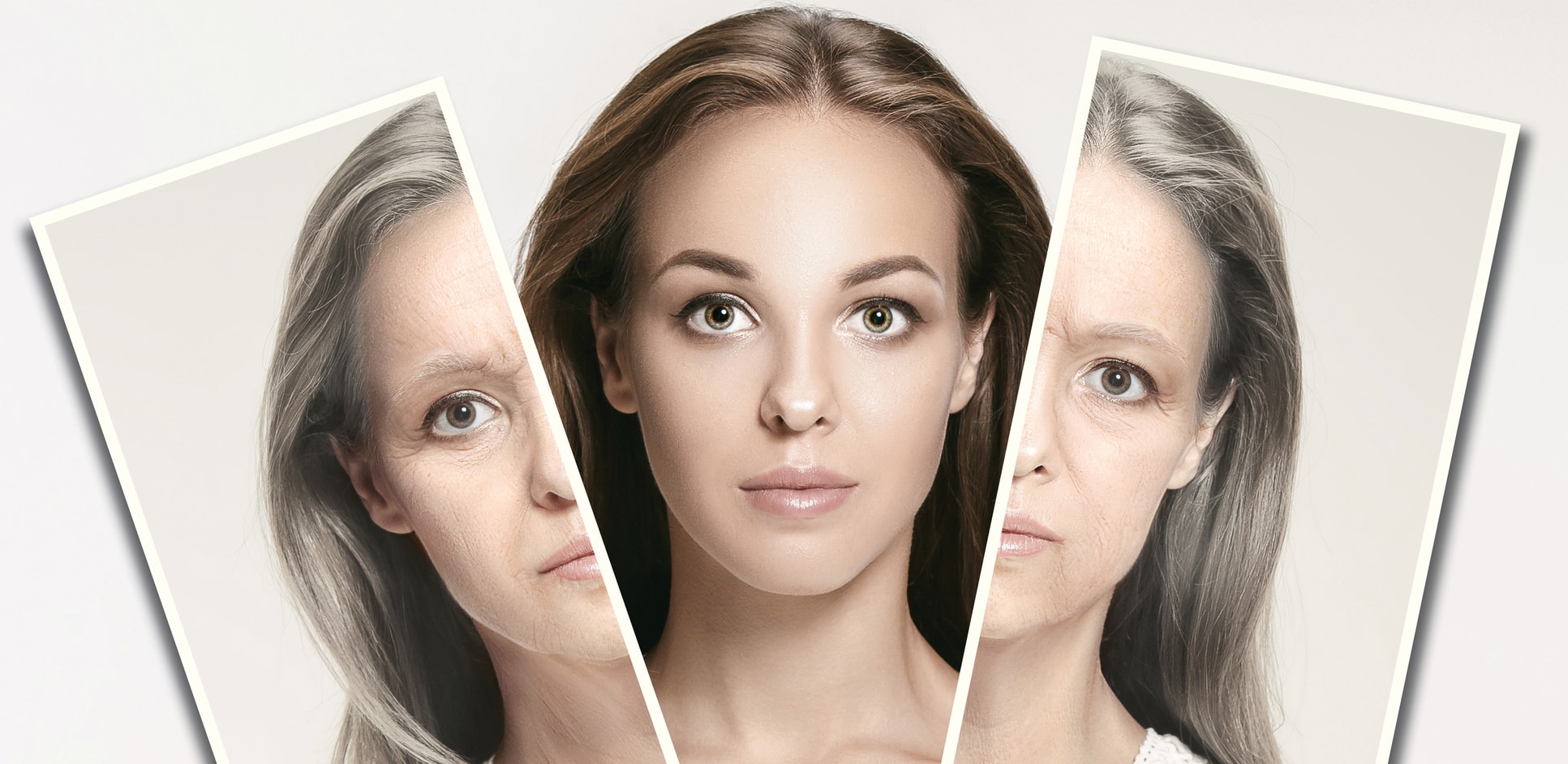
The popularity of cosmetic surgery has continued to grow over the last decade and one of the main reasons is that many patients are trying to turn back the clock. The aging process can impact the way people feel about their appearance and make them want to fight the aging process by making a change in their appearance. Besides wanting to maintain a youthful appearance for their own self-image, many patients undergo cosmetic surgery to try and stay competitive in the workplace with the younger generation of workers. This matches the results of a study that shows many patients wanted to undergo an anti-aging procedure due to the issue of age discrimination.
The study mentioned above, published in the July issue of the Aesthetic Surgery Journal, found that a large number of cosmetic surgery patients reported they decided to have cosmetic surgery because they feared facing age discrimination.
One of the authors of the study, Rebecca Pearl, PhD, an assistant professor of psychiatry at the University of Pennsylvania School Of Medicine, remarked that the study is the first to try and quantify age discrimination among patients that are looking to undergo a cosmetic procedure.
The research team conducted a survey of 50 patients at a University of Pennsylvania plastic surgery clinic over a period of one year. The people that participated in the study were all over the age of 18 and they had a average age of 49.4 years. In addition, most of the people in the study were women and two-thirds of them were there to undergo an anti-aging procedure such as fillers.
When asked about age discrimination, more than 30\\% of the study participants said they had experienced discrimination based on their age. They also reported suffering from lower self-esteem and poorer self-rated health as well as anticipating some form of age discrimination in the future.
When looking at the results of the study, it was found that the stress of expecting and/or experiencing age discrimination and rejection can increase the risks of patients suffering psychological distress as well as related health problems.
Around 36\\% of the study participants that experienced discrimination based on their age said that the discrimination happened in an “interpersonal context” which means they felt excluded by their fellow workers as well as their friends or family. They also felt that they were being mocked or teased or that someone was making negative assumptions about them due to their age. In addition, study participants that were not married or living with a partner had a greater fear of age-based discrimination.
One of the main reasons that the participants in the study wanted to have cosmetic surgery is a desire to look “as young as I feel” and “looking younger” (in general). According to the research team, this suggests a disassociation with one’s “older identity” along with a refusal to accept the aging process.
However, the desire to look younger might not be delivering the desired effect that patients are looking for after the surgery.
The study includes research that indicates older adult patients can be viewed as trying to conceal their age from others. In turn, this can make them be viewed in a negative light by younger people who view the older adults as violating the “prescriptive norms” that come with acting their age. The authors of the study wrote “Thus, for some adults who receive anti-aging procedures, treatment could be counterproductive to the individual’s motivation of improving social perceptions.”
The authors of the study also encourage cosmetic procedure providers and dermatologists to take the necessary steps to educate any patients “who might worry about future age discrimination about realistic expectations from cosmetic procedures aimed at making them look younger.”
Age discrimination seems to have grown in the last decade thanks to the recession that started in 2007. In addition, the number of age discrimination complaints filed with the EEOC (Equal Opportunity Employment Commission) also grew at the same time.
In 2014, the New Republic ran an article that stated that “brutal ageism” in the high-tech industry was changing the type of person that was seeking out cosmetic surgery. One plastic surgeon in San Francisco said his client base had evolved from “aging beauty queens” to young adults that worked in Silicon Valley. These young adults were worried they would be fired if they were viewed as being middle-aged.
Even with the growing number of complaints, the EEOC did little to address age discrimination as it pertained to employment. In addition, federal courts made it more difficult to hold employers accountable for these actions. It has only been in recent years that private lawsuits filed by individuals against Google, and other large social media companies, have made a positive impact on the issue thanks to out-of-court settlements.
While cosmetic surgery is often viewed as being a choice for female patients, the American Society of Plastic Surgeons says male patients received around 6\\% of the total number of injectable wrinkle reducer procedure in 2017. This is an increase of 347\\% since the year 2000. In fact, men between the ages of 35-50 make up the largest group of patients looking to have Botox.
As long as the fear of age discrimination looms over patients, the desire to have cosmetic surgery does not look to be decreasing anytime in the near future.
MA